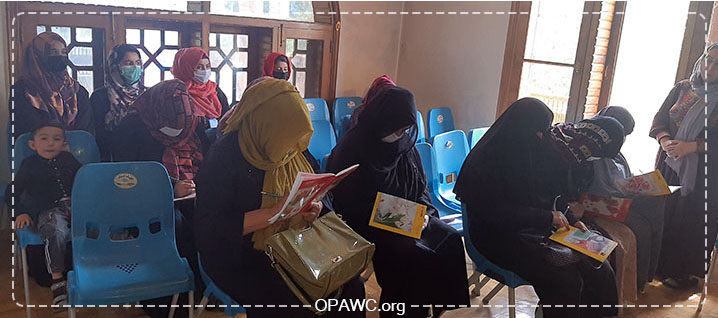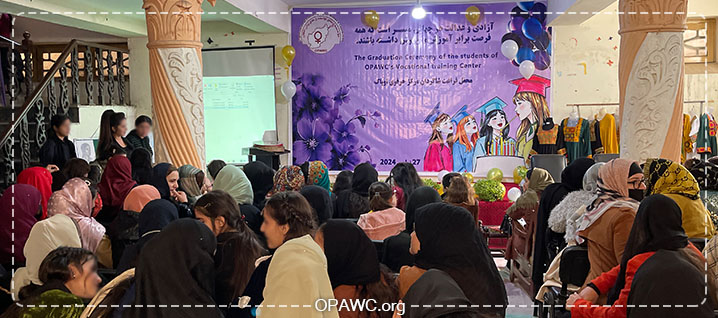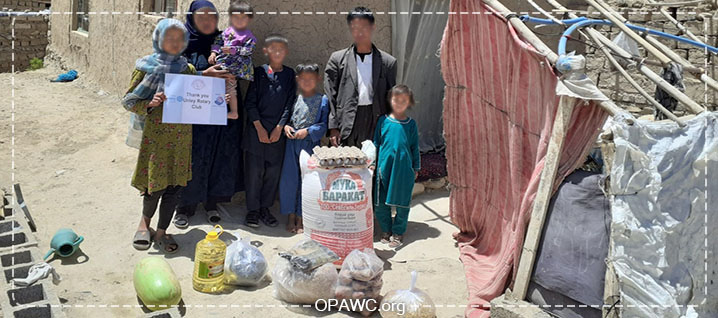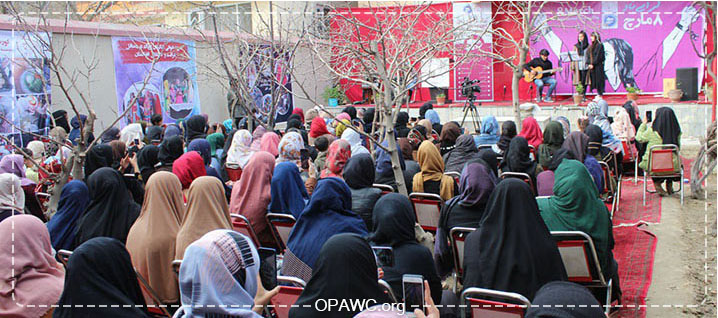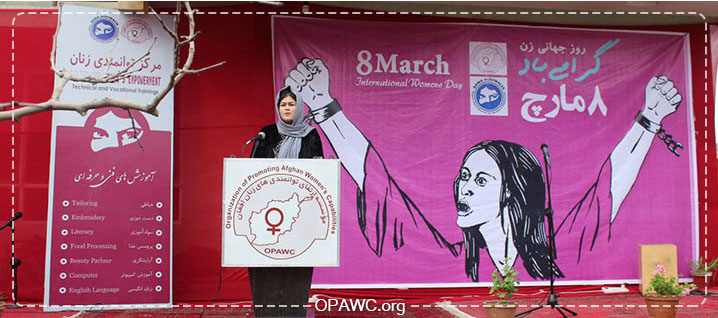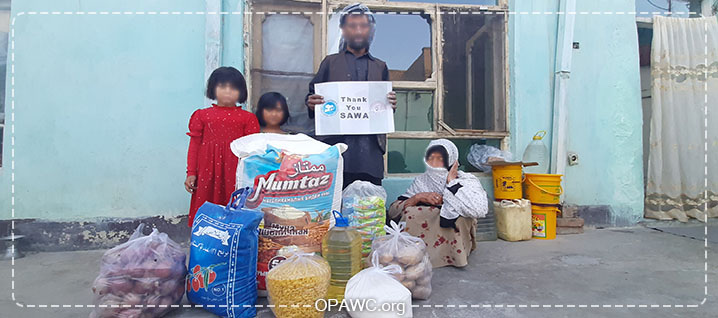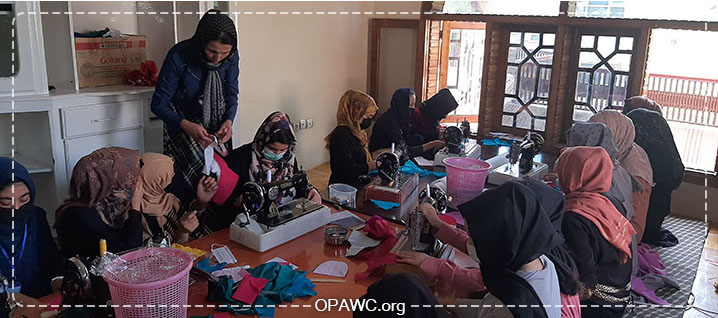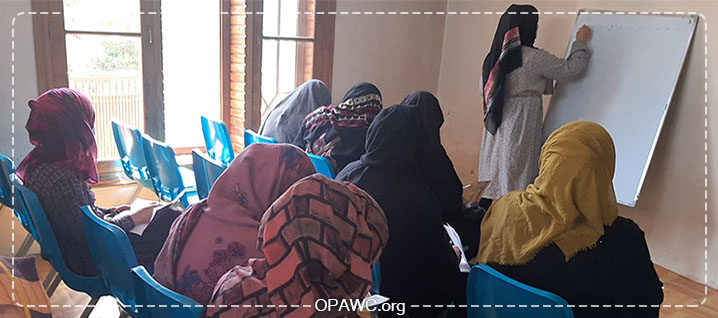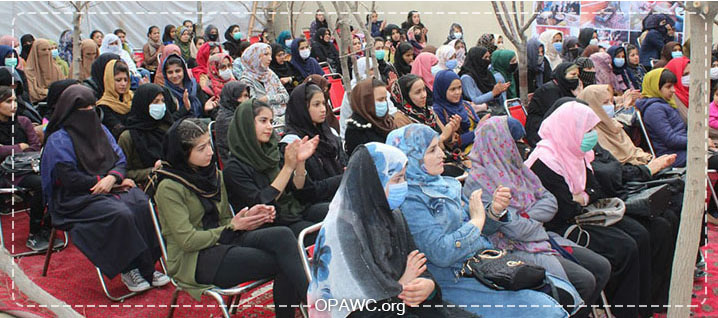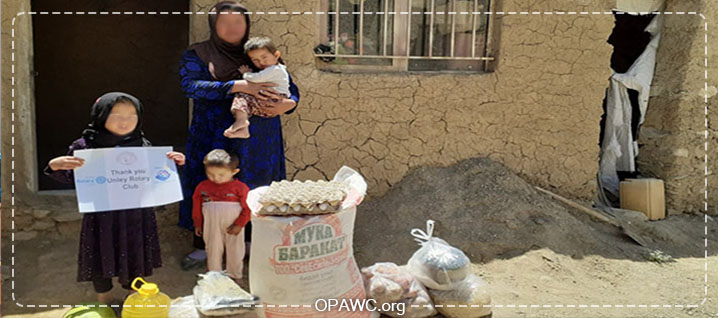Bamyan is one of the coldest and more mountainous provinces of Afghanistan. Because of its difficult weather and its position in the heart of the mountains, Bamyan has always been a region where people were faced with poverty and hardship. Both nature and ruling systems have always been against the poor people of Bamyan. In the past twenty years, people living there have been victims of discrimination because they are Hazara people, and they have not been given the slightest attention, the harsh weather is another reason why poverty is rampant there. Agriculture, which is the main source of income for the people of Afghanistan, is not profitable in Bamyan because it is possible to harvest and cultivate only for a few months of the year.
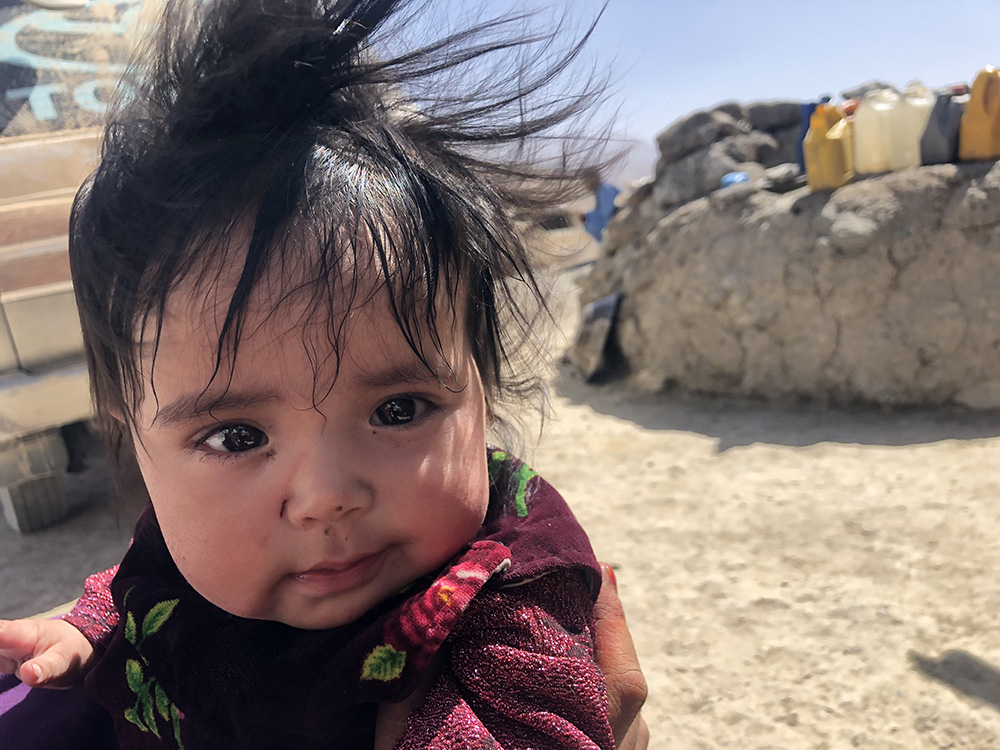
Famous for the statues of Salsal and Shamama, the ancient province of Bamyan is acknowledged for its cultural heritage. Although the Taliban tried to destroy this city twenty years ago by destroying these ancient monuments. The people of Bamyan have been able to preserve their cultural treasures. In the past twenty years they have continued to send their women and girls to Educational centers and schools achieving a literate majority and keeping their cultural traditions alive. Bamyan was one of the few cities where girls' schools were active even in the farthest places, and every year girls participated in skiing competitions in winter and in bicycle races in summer
Women and girls in Bamyan were the breadwinners of the families because they were working in public and private offices. With the return of the Taliban and the obligation for women and girls to stay at home, the people of this city are drowning in poverty.
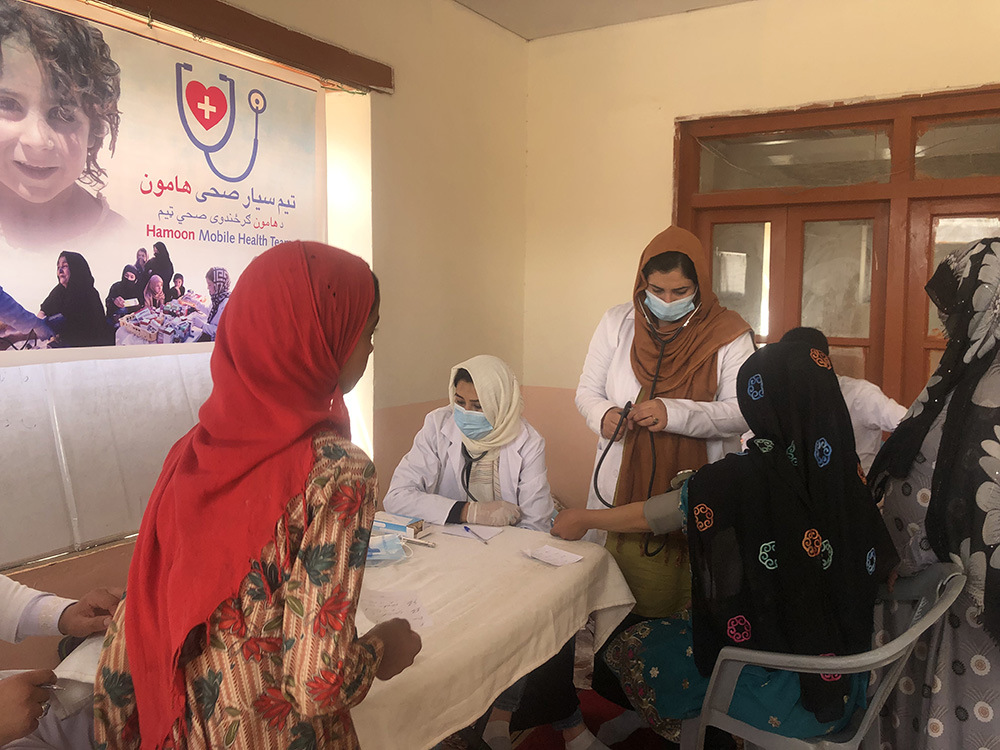
Even though in Bamyan there were many literate women, it had and it still has terrible living facilities. The old city and its houses look more like ruins than living places. To this day, there are people who live in caves in the center of the city.
In addition to the lack of other facilities, its people do not have access to health services. There is only one government health center in the whole city, and people have to come from all parts of the city and wait for their turn for treatment after days. With only a few doctors and no free medicines for their patients, they cannot take care of all people in need.
Hamoon's Mobile Health Team traveled there on August 20 due to the dire need of the people of Bamyan for medicine and health services.
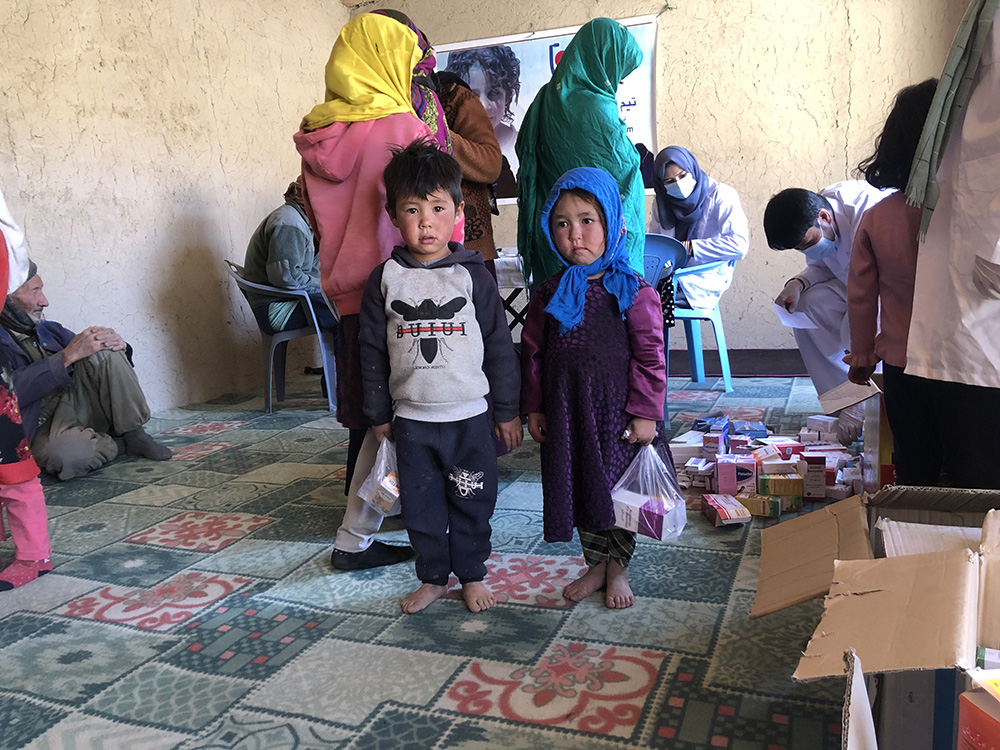
In Bamyan, people are engaged in livestock farming in addition to agriculture. Every year, the women of Bamyan villages spend five months alone in the mountains to graze their sheep. By leaving their homes and moving to the mountains, these women try to produce dairy products for their winter and to find enough grass for their sheep in the heart of the mountains. In the mountains, which are days away from their regions, women live in groups without their men for several months. Their only nourishment are the dairy products they make because they do not have access to any other kind of food. In these isolated areas, it is not possible to buy anything or have access to even the smallest sanitary facilities. If they get sick, they die as they cannot receive any assistance.
Our mobile team knew that it would be very difficult to reach this area, but it was important for us to see and help this most deprived group.
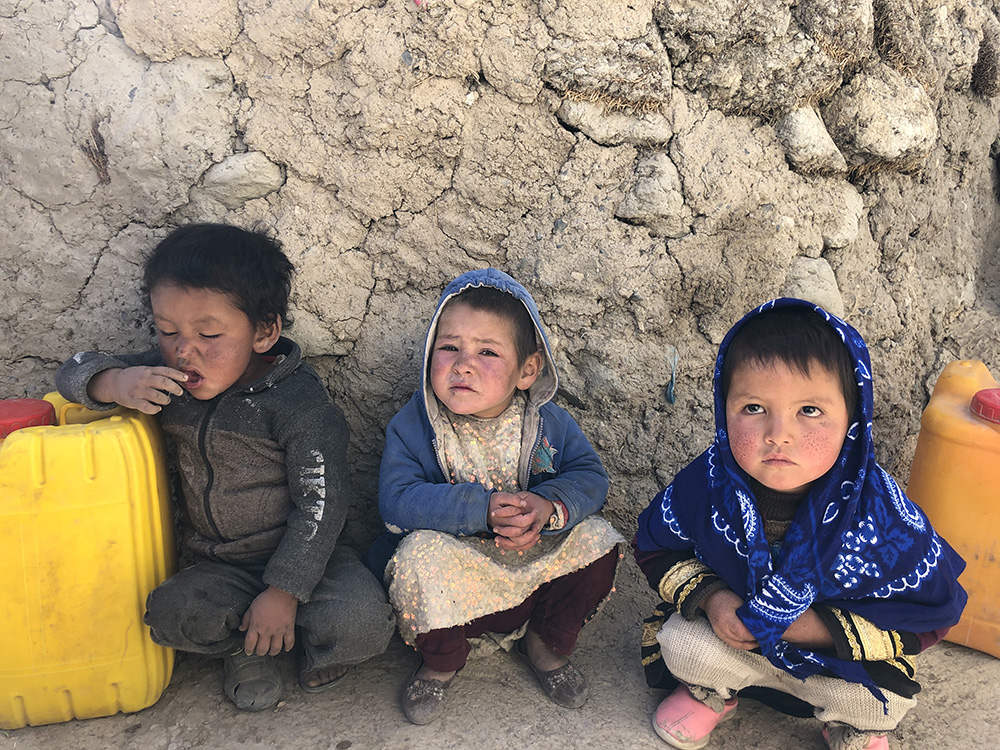
On the uneven road, the car we were traveling with could hardly maintain its balance. After traveling for four hours by car, we reached a place where we had to continue on foot. We left at 03:00 in the morning and reached this area at 08:00 in the evening. At night, the whole team was very tired but went on carrying medicine on their backs and traveling a long distance on foot. When we reached the group, the smiling faces and the warm welcome of the women and children made us forget immediately our fatigue. They prepared food for us from the dairy products of the animals and after eating and talking with the local people, we slept. The next day, early in the morning, the whole team started to treat the sick. They had more health problems than we expected. Most of them had experienced various diseases due to lack of food, among which the most common ones were anemia and constant headaches.
Each of the women had painful stories. Several pregnant women had lost their dear lives in the unkind mountains. Each of these women's stories brought tears to our eyes.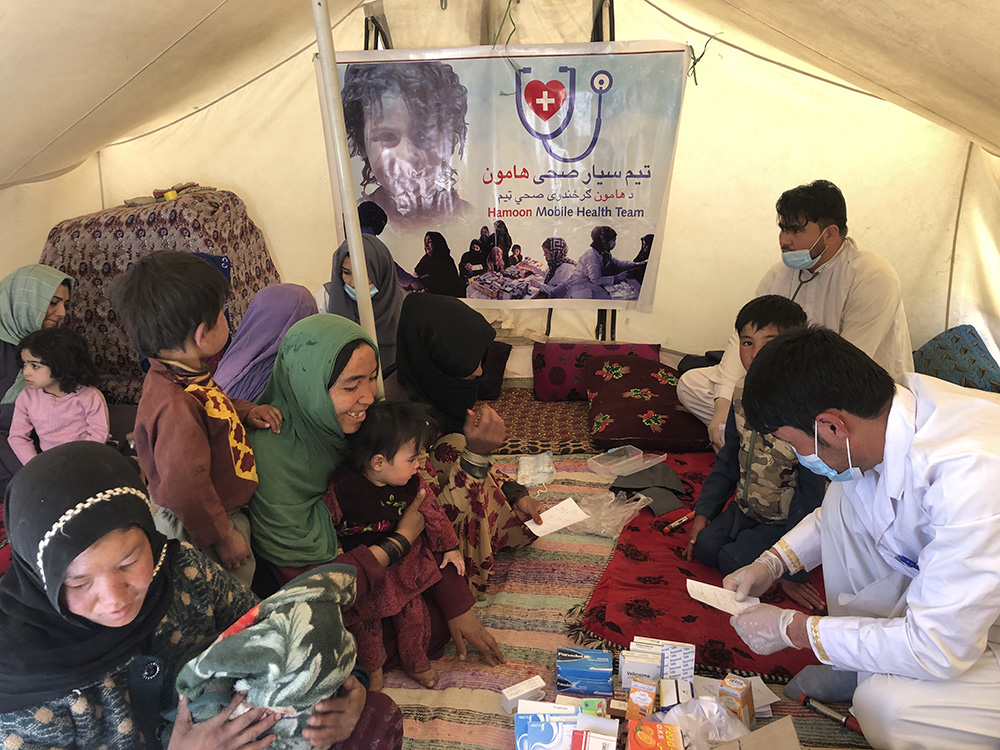
A woman named Halimah said: "I got married when I was twelve years old, and now I am fifty. For years I have been spending the best days of the year in the most difficult conditions away from my children." Only a month after my first child was born, I was sent here and my mother-in-law took my child from me. When I returned home months later, he didn't recognize me anymore; he had been fed with goat's milk."
Our team spent three days in their tents and treated these poor women. On the last day, when our medicines ran out and we decided to go back, the women and children thanked us with tears in their eyes and said that no one had ever helped them except us. They said they considered us angels who had come to help them.
We all said goodbye with great sadness and left them to their bitter fate. Every day and every second I remember the bare feet of women and children and I can't sleep at night without thinking of them.
After returning from the mountains, we rested for two days and then traveled to a village that was three hours away from the city center. There, we provided health services to the people of the village for one day.

